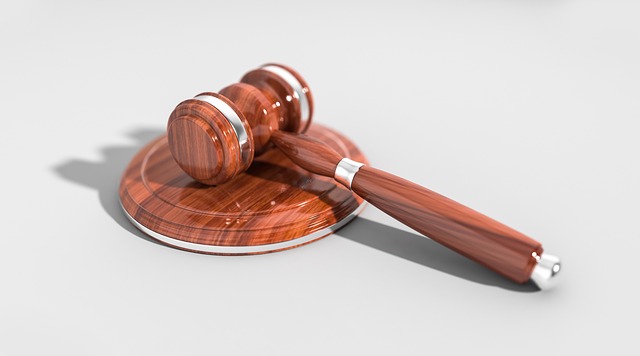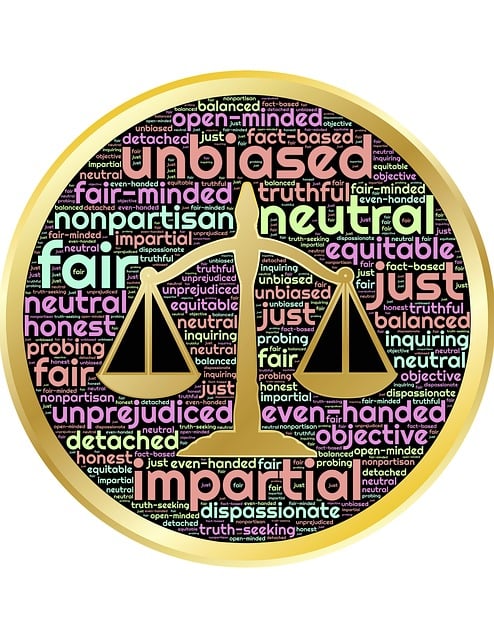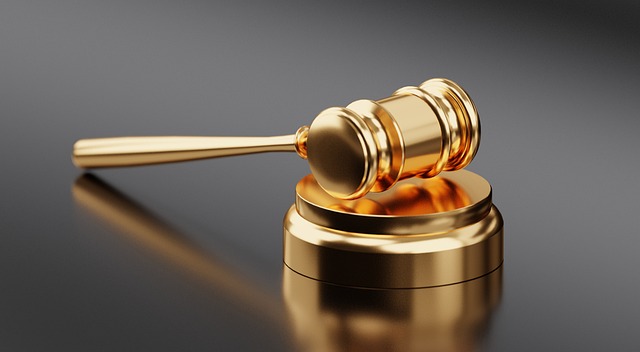Woodlands criminal lawyers play a vital role in ensuring fair trials by understanding and adhering to evidentiary rules, especially regarding inadmissible evidence like hearsay (with exceptions) and irrelevant information. They strategically challenge improper evidence through cross-examination, legal precedents, and rigorous examination of witness credibility to protect their clients' rights and maintain the integrity of the trial process, keeping prejudicial or illegally obtained information from influencing outcomes.
In the pursuit of justice, understanding the boundaries of admissible evidence is paramount. This article delves into the challenges posed by improper evidence and inadmissible testimony, offering insights into how a woodland criminal lawyer navigates these complexities. We explore what constitutes inadmissible evidence and uncover effective strategies to suppress such testimony. By equipping readers with this knowledge, we aim to enhance understanding of the legal process, especially in the context of woodland criminal law cases.
- Understanding Inadmissible Evidence: What Constitutes Improper Evidence?
- Strategies for Suppressing Inadmissible Testimony: The Role of a Woodland Criminal Lawyer
Understanding Inadmissible Evidence: What Constitutes Improper Evidence?

Inadmissible evidence refers to any information or testimony that a judge rules cannot be presented to a jury during a trial. This is crucial knowledge for anyone considering legal action, especially in complex cases where the difference between victory and defeat can hinge on subtle evidentiary matters. The woodlands criminal lawyer, for instance, must have a deep understanding of what constitutes improper evidence to effectively represent their client.
Properly identifying inadmissible testimony requires knowing the rules of evidence. This includes distinguishing between hearsay, which is typically barred due to its potential unreliability, and exceptions like statements made for medical treatment or against penal interest. Additionally, evidence must be relevant; it should have a direct bearing on the case’s outcome, as per the principles outlined in the Rules of Evidence. A woodlands criminal lawyer who can navigate these waters successfully plays a vital role in shaping the course of a trial.
Strategies for Suppressing Inadmissible Testimony: The Role of a Woodland Criminal Lawyer

When facing challenges with improper evidence and inadmissible testimony, a Woodland Criminal Lawyer plays a pivotal role in safeguarding the rights of their clients. These legal professionals employ a range of strategic manoeuvres to suppress such evidence during trials. One key approach involves meticulous cross-examination of witnesses, where they probe the credibility and reliability of testimony, often revealing inconsistencies or motivations to distort facts. By doing so, they can cast doubt on the admissibility, ultimately persuading the judge to exclude potentially prejudicial evidence.
Additionally, a Woodland Criminal Lawyer leverages legal precedents and rules of evidence to challenge the methodology or lack thereof employed in gathering and presenting testimony. They may argue that certain statements were made under coercion, without proper Miranda warnings, or through other illegal means, rendering them inadmissible as per established legal norms. Such tactical interventions not only protect the rights of the accused but also ensure a fair trial by preventing the admission of questionable evidence.
In navigating the complexities of criminal law, understanding and challenging improper evidence is paramount. A skilled Woodlands criminal lawyer plays a crucial role in ensuring that only admissible testimony reaches the courtroom. By recognizing what constitutes inadmissible evidence and employing effective strategies to suppress it, these legal professionals safeguard their clients’ rights and ensure fair trials. In the end, a knowledgeable Woodlands criminal lawyer can make all the difference in outcomes, protecting the innocent and providing robust defenses against unfounded accusations.



